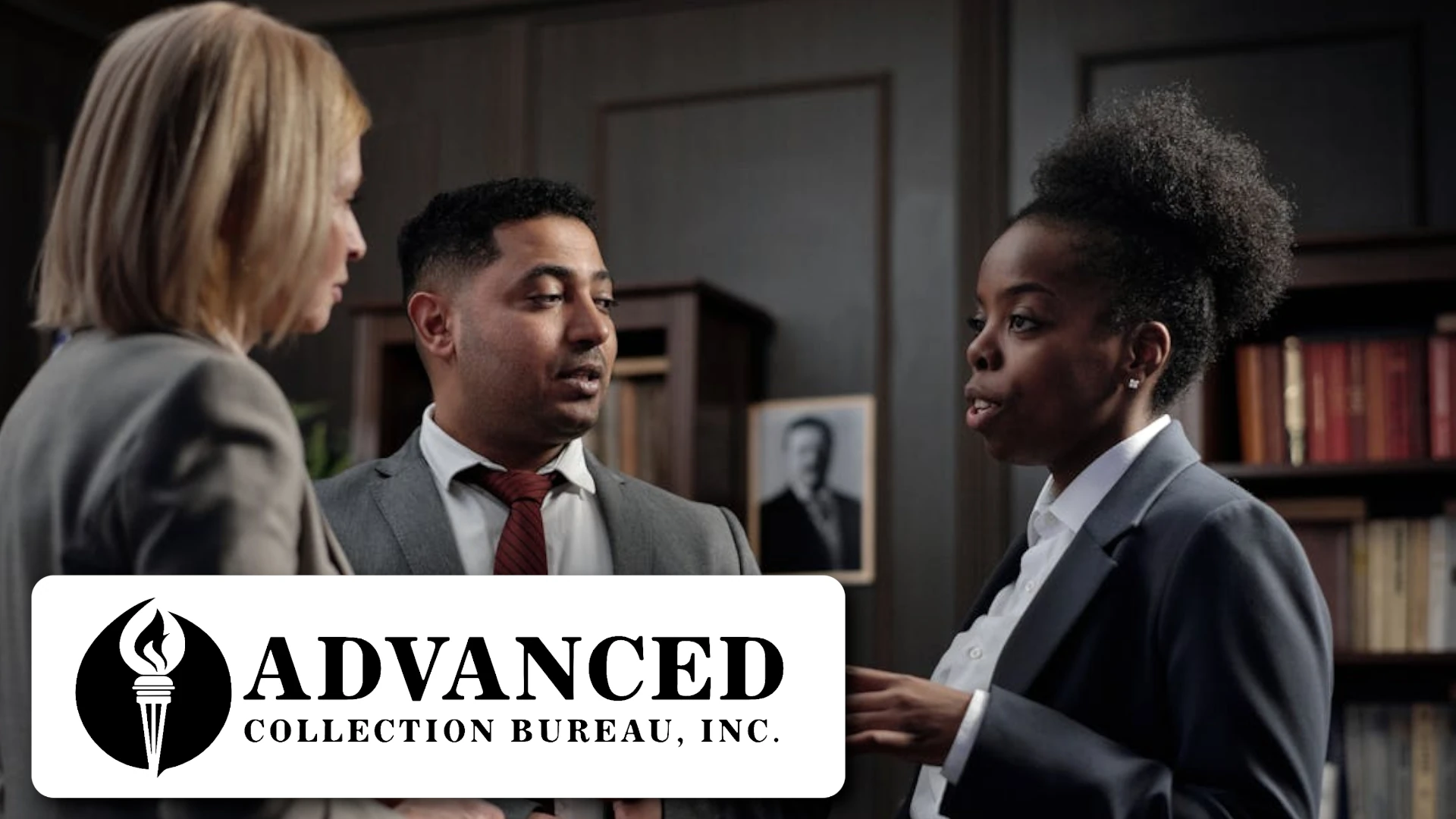Facing a debt collection lawsuit is one of the most stressful experiences for any individual or business. Whether the lawsuit stems from unpaid rent, medical bills, credit cards, or a service contract, the stakes can feel high. But there’s good news—many of these cases never make it to trial. With the right strategy and mindset, it’s entirely possible to settle a debt collection lawsuit out of court.
Settling can help you avoid additional legal fees, protect your credit, and maintain more control over the outcome. In this blog, we’ll break down how to settle a debt collection lawsuit successfully, when to negotiate, what to include in a settlement agreement, and how to protect yourself along the way.
Understanding the Debt Collection Lawsuit Process
When a creditor or collection agency files a lawsuit, they’re seeking a legal judgment against you for an unpaid balance. If they win in court, they may be granted the right to garnish wages, place a lien on property, or freeze bank accounts. That’s why settling before trial can be a much better option.
Once served with a lawsuit, your first step should be to respond—never ignore it. Failing to respond can result in a default judgment against you. After that, you may have a window of opportunity to negotiate a settlement before the case proceeds.
If you’re unsure about the legal process, read our article on Navigating the Legal Landscape of Debt Collection for a helpful overview of how these cases typically unfold.
Step 1: Evaluate the Claim
Before you attempt to settle, make sure the debt is valid. Ask yourself:
- Do you recognize the debt?
- Is the amount correct?
- Is the statute of limitations still active?
You have the right to request documentation. If a collection agency can’t prove the debt is yours, or the debt is too old to collect, you may be able to get the case dismissed.
For those needing a deeper understanding of the rights afforded to consumers and businesses, check out A Breakdown of the Fair Debt Collection Practices Act.
Step 2: Consider Hiring Legal Help
While not always necessary, a consultation with an attorney can be useful—especially if the amount in question is significant. Lawyers can help ensure the terms are fair and that the collector isn't violating your rights.
If you’d prefer to navigate this alone, just make sure you know your rights. Don’t agree to terms you can’t fulfill, and always get any deal in writing.
Step 3: Make an Offer
When it comes to settling a debt, collectors are often willing to accept less than the full balance. This is especially true if:
- The debt has been sold to a third-party collector
- You can pay a lump sum
- The collector wants to avoid court expenses
Begin negotiations by offering what you can realistically pay. You might start with 30 to 50 percent of the total owed. If you can't offer a lump sum, ask for a payment plan with defined terms. Always communicate in writing to ensure there’s a paper trail.
Want to know more about effective communication techniques? Our blog on The Importance of Effective Communication in Debt Recovery offers useful strategies for negotiating with confidence.
Step 4: Get Everything in Writing
Never make a payment or agree to terms over the phone without documentation. Your settlement agreement should include:
- The total amount agreed upon
- The payment method and timeline
- Confirmation that the account will be closed or marked as “settled”
- A clause that no further legal action will be taken
Once the debt is paid as agreed, request a satisfaction of judgment or confirmation letter for your records. This documentation protects you in case the collector tries to pursue the balance again.
Step 5: Follow Through and Monitor Your Credit
After settlement, make all payments on time and in full according to the agreement. Keep copies of every transaction. Then, monitor your credit report to confirm that the debt is reported correctly.
Incorrect reporting can negatively impact your credit score, even after a settlement. Dispute any errors with the credit bureaus as soon as they appear.
If you’re dealing with credit reporting issues, our blog on How Credit Bureau Collection Services Impact Your Credit covers how these agencies report data and what you can do to protect your financial future.
When to Work With a Collection Partner Like ACB
For landlords, property managers, and businesses, understanding how to settle debt collection lawsuits is not just about defense. It’s also about ensuring your own recovery strategies are ethical, effective, and legally sound.
At Advanced Collection Bureau, we help businesses avoid lawsuits altogether by recovering unpaid debts early—through professional, compliant, and strategic collection processes. Our approach not only improves recovery rates, it protects your reputation and keeps you out of costly legal disputes.
Want to see how we do it? Read How a Debt Collection Agency Can Help Recover Lost Revenue to learn more.
Final Thoughts
Settling a debt collection lawsuit successfully takes preparation, clear communication, and a willingness to negotiate. It’s not about “beating” the system—it’s about resolving debt in a way that’s fair, legal, and financially manageable.
Whether you're defending against a claim or trying to recover what's owed to you, the key is knowing your options and protecting your interests at every step.
Need Help Recovering Debt Before It Reaches the Courts?
Work with ACB to resolve past-due accounts quickly and legally. Visit https://www.advancedcb.com/work-with-us to learn more.














